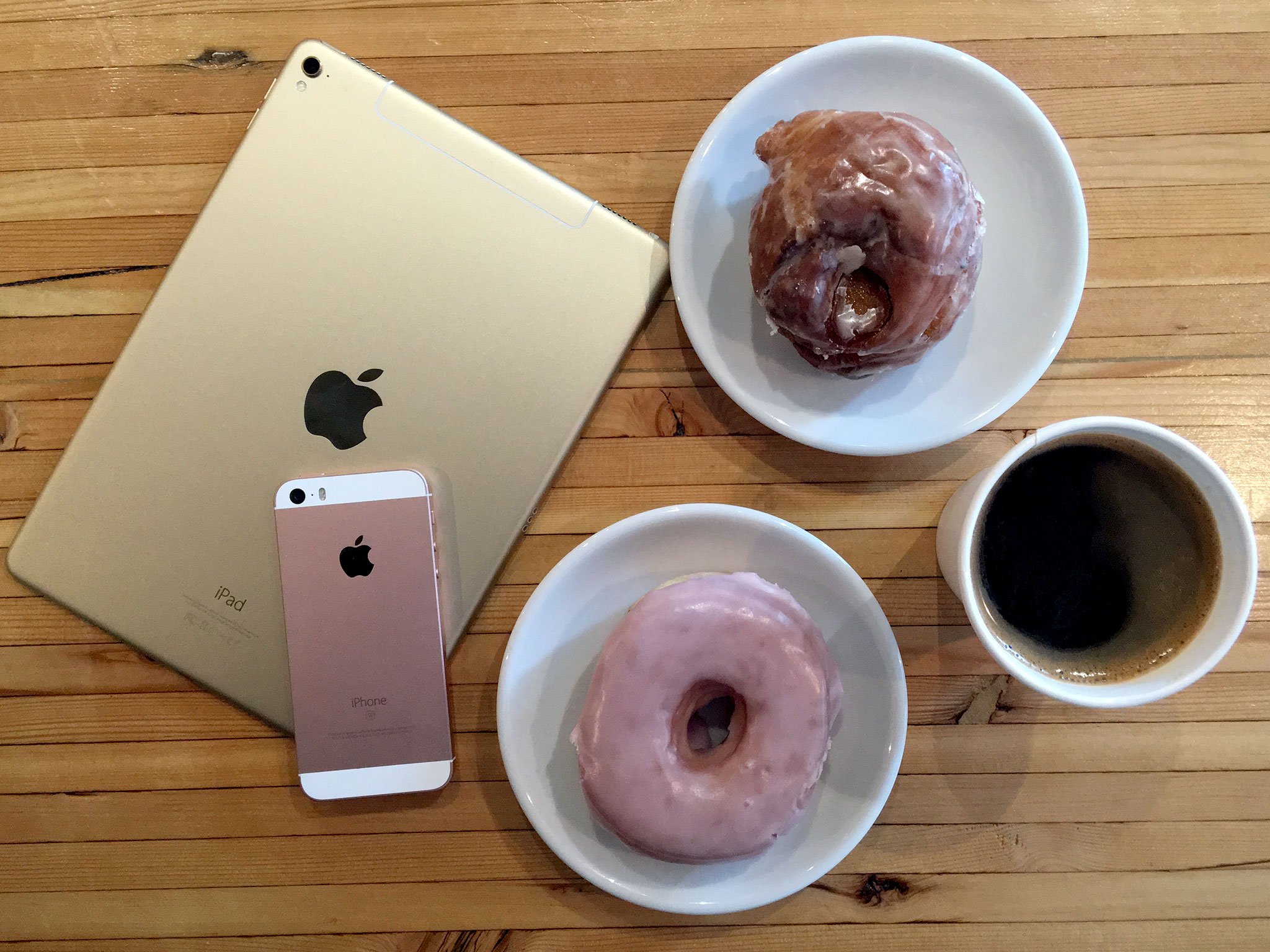ec-o-sys-tem: The key to Apple's success

Apple has changed the consumer landscape over the last decade: Where there was once a market driven by platform application availability (e.g. Windows), it's evolved into a combination of end-to-end operating systems, diverse devices, services, and applications. This has all worked to devalue consumer perception of a given platform, carrier, or device relative to the total experience.
Apple is a world class hardware designer, a world class software creator, and a world class services provider. Very few companies are any of these; no other company in the world is all three.
The key to understanding Apple's ecosystem is this: The company focuses on innovating a few great things that work together to change markets. Apple's goal is not necessarily to be first, but always best. The areas of Apple innovation are then linked together to create a holistic experience.
Apple and retail
In the early 2000s, Apple changed the process of purchasing technology from something reviled into the best retail experience of any kind. I hear so many great anecdotes about the company's customer service at the Apple Store, and these tales turn into stories that become legends. I don't know if all the stories I hear are exaggerated, but I do know no one is telling those stories about Samsung, Microsoft or Google.
Apple and hardware
Apple taught the world to "think different", and they apply that philosophy to arguably making the most iconic, beautiful, and easy-to-use computers the world has ever seen — one product family at a time. One needs only to look at the MacBook or 5k Retina iMac and see how Apple values innovation.
iPhone taught the world about multi-touch, the power of an always-on, always-connected mobile experience, and unleashed new and different experiences through apps. It's something we take for granted today, but the iPhone's core concepts were pretty revolutionary in 2007 — and likewise in 2010, with the launch of the iPad.
Apple and services
Apple revolutionized listening to music with iTunes, and the iPod. The company then took that goal one step further with iLife and iWork to allow users to go from content consumption to creation. All of Apple's applications, services, and devices are seamlessly linked together with iCloud to keep everything up to date, and always available.
Master your iPhone in minutes
iMore offers spot-on advice and guidance from our team of experts, with decades of Apple device experience to lean on. Learn more with iMore!
The company revitalized and changed the music industry with the iTunes Store, and users rediscovered listening to — and paying for — music. Apple created and innovated a new industry, along with millions of computer engineering jobs, thanks to the App Store. Developers unlocked new capabilities and experiences that would have been impossible for any single vendor or big-budget firm to deliver.
Apple and the future
Currently, no competitor comes close to delivering the focused combination of the various parts in Apple's ecosystem.
That success, however, has raised new questions for me when I look at Apple's current line. From Watch to iMac, iTunes, to Apple Music, and everything in between, I wonder: Has Apple lost the focus that brought it to the success of today?
Are there too many products in the lineup, and too many choices in each line of devices, and services? Can an ecosystem have too many components? How does one understand products such as MacBook and iPad Pro competing for user attention? Even in the iPad Pro line: Did Apple need to introduce the Baby Pro?
Can the retail experience continue to grow, and still retain high levels of consumer satisfaction? (Ask any potential buyer of a Baby Pro keyboard cover how they feel about a purchase they can't make thanks to low stock levels.)
These are the questions running through my brain right now when it comes to Apple's philosophy on evolving the product line. And they're important questions to ask: As Apple itself knows and practiced for many years, dwelling on the past is no way to build a solid future.
I’ve covered the personal technology beat for more than two decades at places like Gartner, Jupiter Research and Altimeter Group. I’ve also had the fun of contributing my $.02 on the topic at Computerworld, Engadget, Macworld, SlashGear and now iMore. Most recently I spent a few years at Apple as Sr. Director of Worldwide Product Marketing. On Twitter I’m an unverified @gartenberg. I still own some Apple stock.

